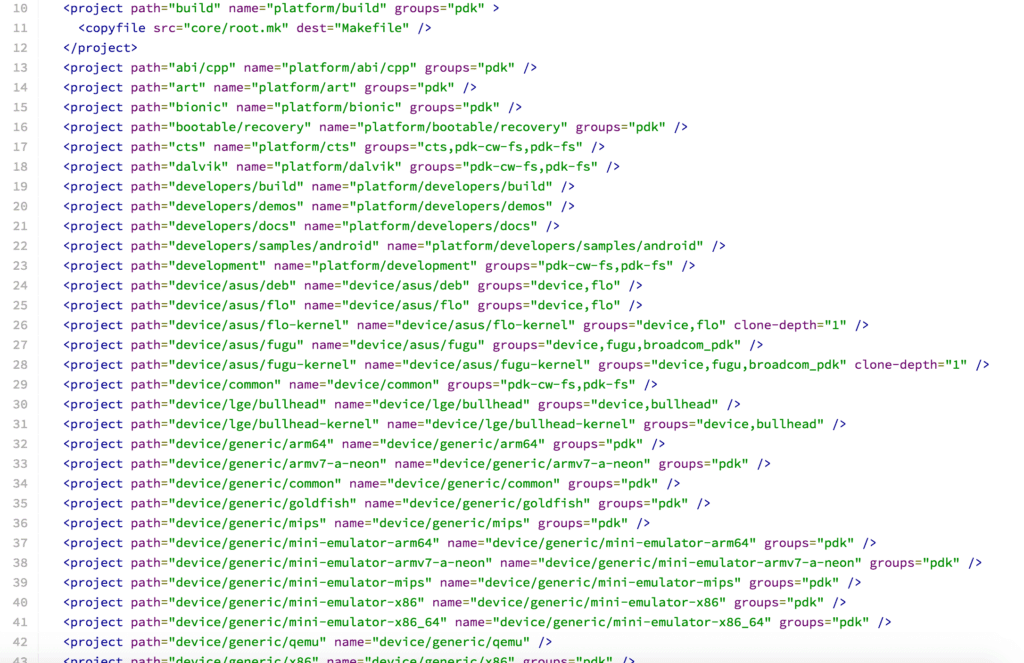
It manages the cryptographic steps: signing or encoding files with your personal GPG key. The first line installs gpg, the GNU Privacy Guard command line tool. (If homebrew is new to you, head over to to learn more and to grab the installation command.)īrew install gpg brew install -cask keybase The easiest way to install both is with the MacOS package manager, homebrew. I’m hoping you have git 2 and RStudio installed the two new things you’ll probably need are Keybase and gpg. We need at least four pieces of software to make this work. Set up signed and verified commits Install Keybase and GPG I’m using a Mac, but the process is very similar for Linux/Unix machines 1. Then we’ll set up git to use this key to sign your commits, and along the way we’ll configure git to work with RStudio, too. In this post, I’ll show you how to use Keybase to create your own GPG key. When GitHub knows that the real you made the commit, it adds the green badge. With signed commits, you cryptographically sign each commit with your private key that only you own, and GitHub (and others) will verify your signature with the public key pair. This can obviously lead to problems (that are admittedly mostly theoretical in my daily life) and there’s a relatively easy solution: signed commits. Git doesn’t do anything to verify the commit author and, while GitHub will try a little harder than git, it’s surprisingly easy to pretend to be somewhere else in a git repo. After download is finished, verify the file by comparing its size on your drive and on the downloads page.Git config -global user.email git config -glboal user.name "Hadley Wickham" # pretend to commit as Hadley git commit -m "Fix recode() arguments to new = old" Click the link "Download MSI" corresponding to your version of Microsoft Windows. Open the Download: Liberica JDK in your browser. Microsoft Windows Installing with Microsoft Windows Installer package

Installing on Red Hat Linux and other RPM-based OSes.Installing on Ubuntu and other DEB-based OSes.Installing using manual RPM installation.YUM Repository (.rpm-based Linux Distributions).APT Repository (.deb-based Linux distributions).Installing standalone package on Microsoft Windows.Installing with Microsoft Windows Installer package.


 0 kommentar(er)
0 kommentar(er)
